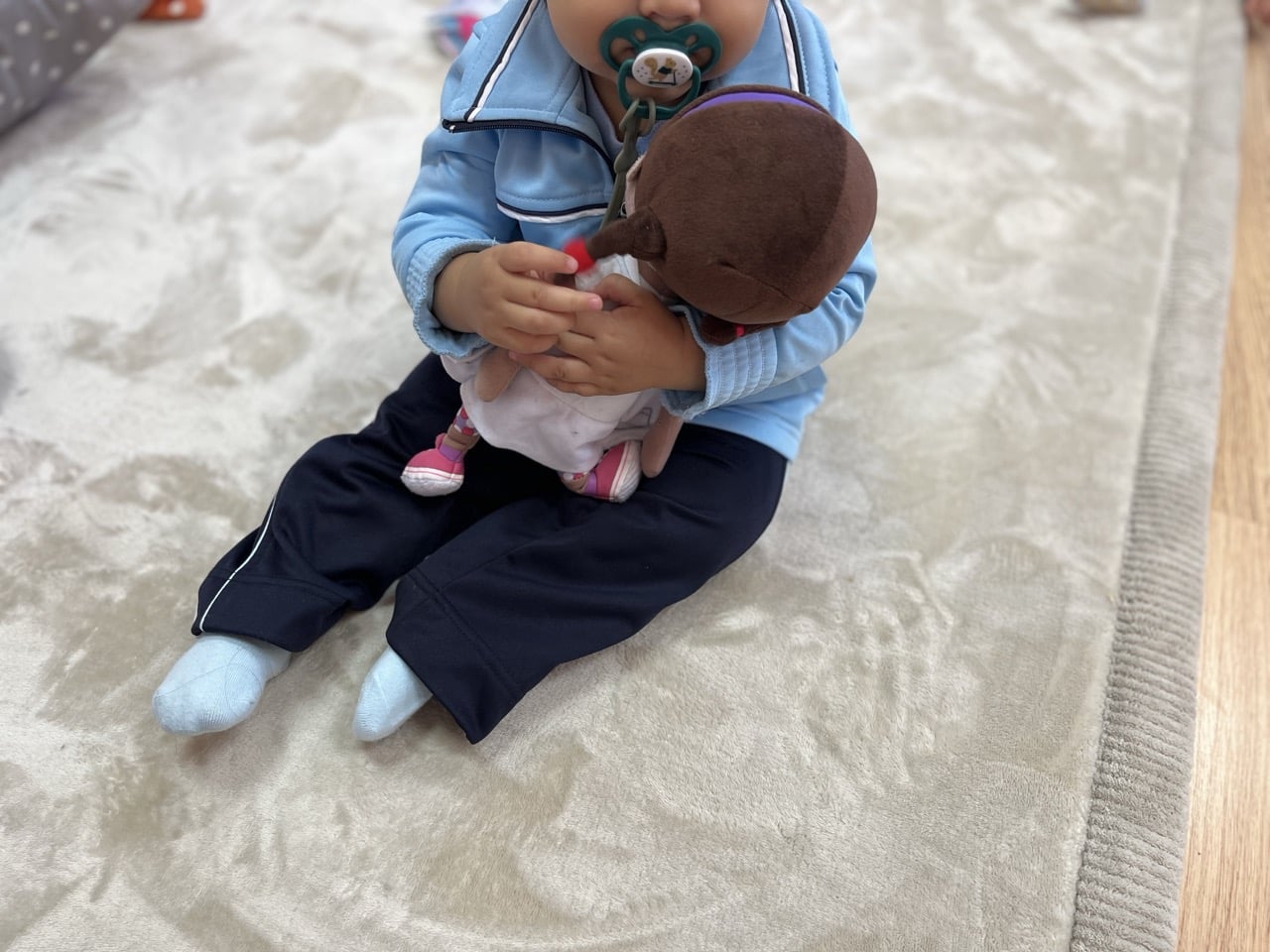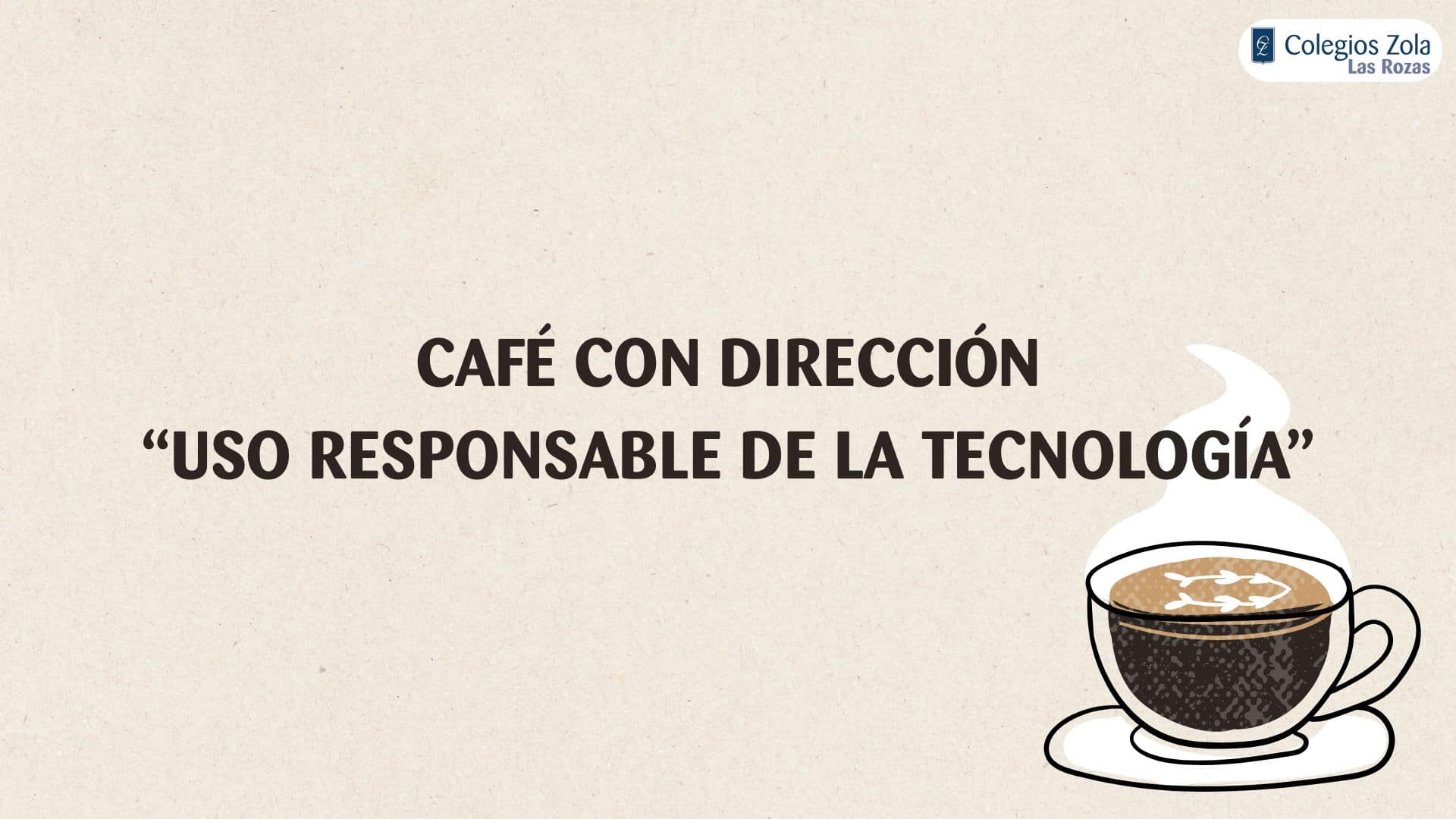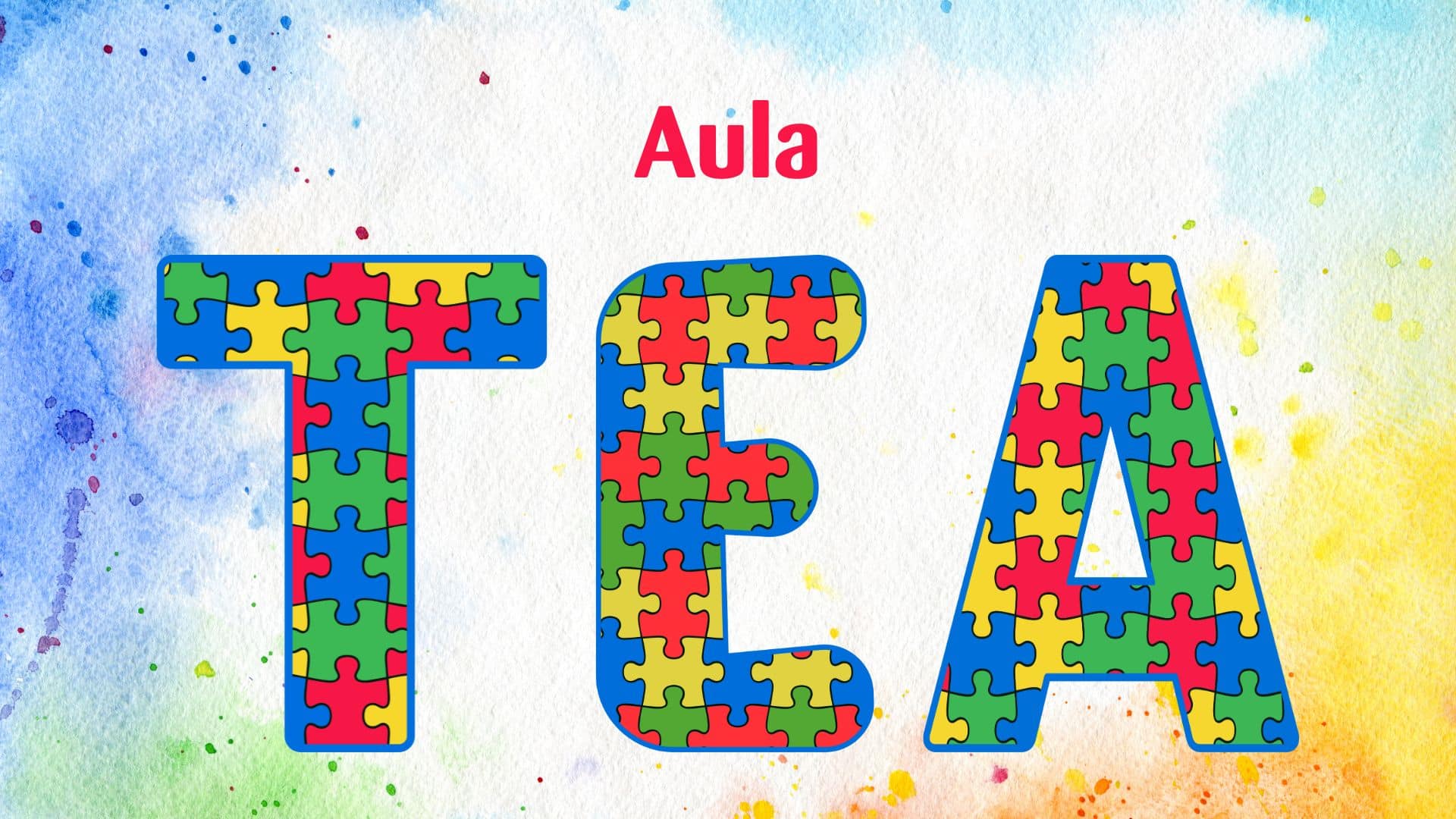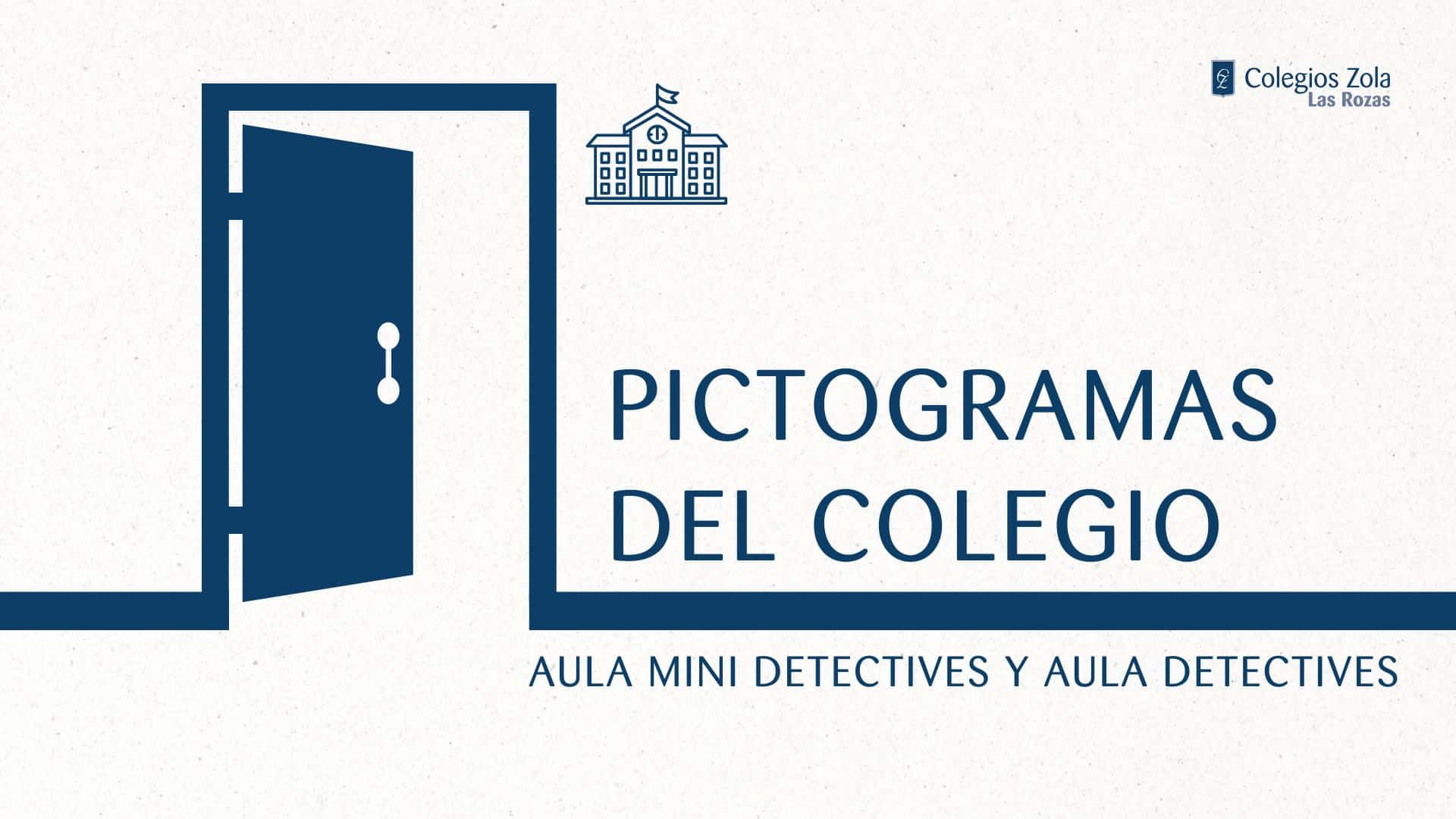En los primeros años de su vida, los niños y niñas comienzan a nutrir sus habilidades para resolver problemas que implican lidiar con la frustración.En el Colegio Zola Las Rozas, creemos que el juego es una excelente forma para trabajar este tema en edades tempranas.
Los niños en edad preescolar van logrando hitos en todas las áreas del desarrollo y, a medida que crecen, su mundo también crece. Son exploradores curiosos y naturales, independientes pero también dependientes.
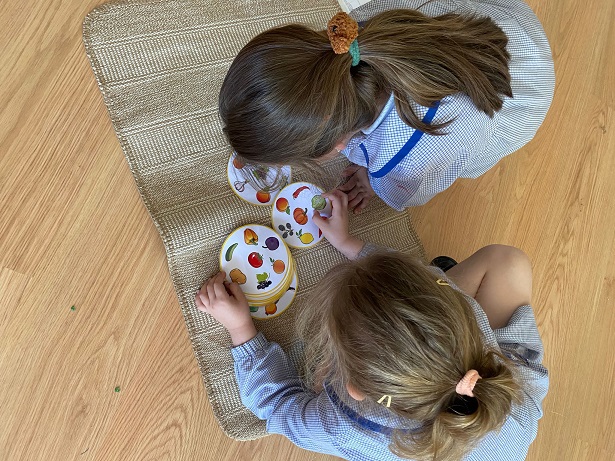
Sin embargo, de todas las habilidades que aprenden, la resolución de problemas es quizás la más problemática, valga la redundancia. Aunque este tema les va a acompañar durante toda su vida es en estos primeros años cuando comienzan a nutrir sus habilidades para resolver problemas, tal y como nos explica en este artículo Raquel Lérida, profesora de inglés de infantil del Colegio Zola Las Rozas, bilingüe en inglés y alemán y que cuenta con un programa de Pensamiento Emocional propio desde hace más de 10 años.
¿A qué se debe? A que en esta etapa surgen situaciones difíciles en el ámbito social, académico o afectivo. Por ejemplo, enfrentarse a una pelea por un juguete o comprender las reglas de un nuevo juego tanto en su lengua materna como en otro idioma.
Es durante estas situaciones en los que la resolución de problemas normalmente implica lidiar con la frustración, la molestia y tal vez incluso estallar en lágrimas. Saber lidiar con estas emociones es el punto de inflexión. Es aquí donde intentan resolverlo y así comienza su curva de aprendizaje en la resolución de problemas.
Aprender esta habilidad a una edad temprana les ayudará más tarde, durante la vida en general y especialmente durante la adolescencia. En el día a día surgen muchas situaciones que requieren esta habilidad y, poco a poco, el niño/a adquirirá más confianza para afrontarlas a medida que se presenten. El juego es una forma divertida de aprender y adquirir estas habilidades de forma natural o con la ayuda de padres y profesores que les orientan y les dan las herramientas para gestionar estas situaciones, algo que trabajamos en profundidad en la Escuela Infantil del Colegio Zola Las Rozas.
Los juegos de “Tic tac toe”, “Simon dice”, “Piedra papel tijera”, “La patata caliente”, “¿Quién soy yo?”, juegos de mesa o actividades sencillas como de emparejar son algunos ejemplos de actividades lúdicas y juegos para trabajar esta habilidad fundamental.
Estos juegos también tienen grandes beneficios en términos de crecimiento personal. Los hitos del desarrollo son como peldaños. Un paso a la vez, y llegarás más rápido que si tratas de correr antes de poder caminar.
Te invitamos aquí a leer esta reseña también en inglés:
WHY IS TEACHING PROBLEM SOLVING SKILLS IN PRESCHOOL SO IMPORTANT?
Pre-schoolers reach milestones in all areas of development, as they grow, their world grows too. They are curious and natural explorers, independent yet dependent too. Yet out of all the skills they learn, problem solving is perhaps the most problematic one. Although it is a lifelong learning process, it is during this stage in life that they begin to nurture their problem-solving skills. Difficult situations arise in social, academic, or emotional areas. Situations such as dealing with a fight over a toy or struggling to understand the rules of a new game both in their mother tongue or foreign language are just some of them.
It is during these situations that problem solving normally involves dealing with frustration, annoyance and maybe even bursting into tears. Knowing how to deal with these emotions is the turning point. It is here where they try to solve it and so begins their learning curve in problem solving.
Learning this skill at a young age will later aid them during life in general and especially during adolescence. Plenty of situations arise on a day-to-day basis that require this skill, and step by step the child will become more confident to deal with them as they arise. Child’s play is a fun way to learn and pick these skills up naturally or with the assistance of parents and teachers who guide them and give them the tools to manage these situations.
The games of Tic tac toe, Simon says, Rock paper scissors, the Hot potato, Who am I? board games or simple activities like matching pairs are some examples of playful activities and games to work on this foundational skill.
All of these are probably games you have played in your early years. The reason why they have been around for so long is that not only do we love playing them but also, they have great benefits in terms of personal growth. Developmental milestones are like stepping stones. One step at a time, and you will get there faster than if you try to run before you can walk.
Raquel Lérida Carrero, profesora de Infantil del Colegio Zola Las Rozas.
